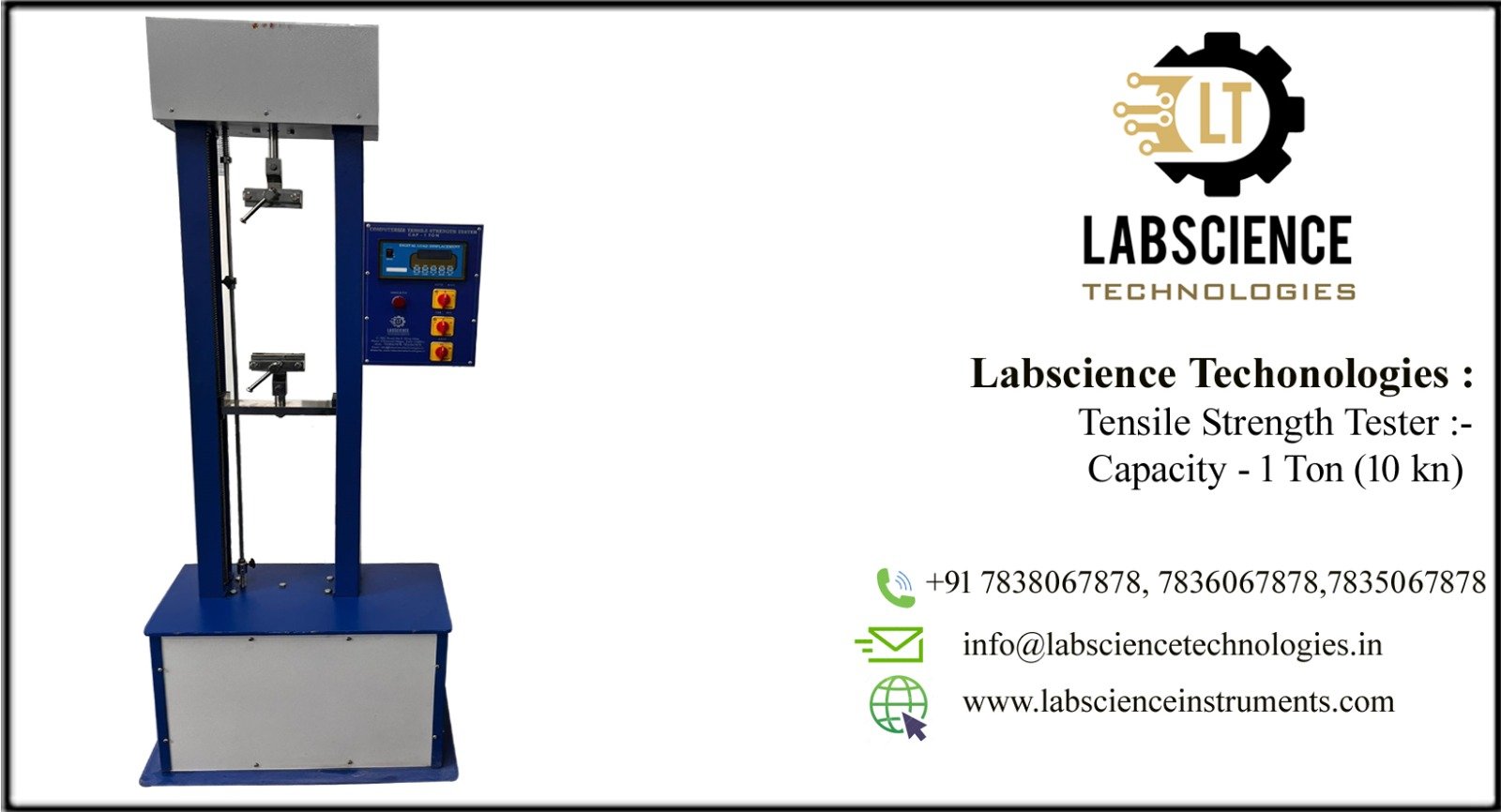How Digital Tensile Strength Testers Enhance Testing Accuracy
How Digital Tensile Strength Testers Enhance Testing Accuracy
In today’s fast-paced manufacturing world, precision and accuracy in material testing are essential. Digital tensile strength testers have revolutionized the testing industry, providing reliable and consistent results. This article explores how these advanced machines improve testing accuracy and contribute to various industries.
Understanding Tensile Strength Testing
What is Tensile Strength?
Tensile strength refers to the maximum stress a material can withstand while being stretched or pulled before breaking. This property is critical for materials like metals, plastics, and textiles, ensuring they meet performance standards.
Role of Tensile Testing Machines
Tensile strength testers measure a material’s ability to resist deformation under applied force. The introduction of digital tensile strength testers has significantly improved the precision of these measurements.
Features of Digital Tensile Strength Testers
1. Advanced Load Sensors
Digital tensile strength testers are equipped with high-precision load cells that ensure accurate force measurements. These sensors can detect even the slightest variations in stress, improving reliability.
2. Real-Time Data Display
Modern digital testers feature screens that provide real-time data, allowing operators to monitor test progress and detect anomalies instantly.
3. Automated Testing Processes
Automation eliminates human error, ensuring consistent application of force and accurate results. This feature is especially useful in high-volume testing environments.
How Digital Tensile Strength Testers Improve Accuracy
Precision in Measurement
Digital testers utilize sophisticated software algorithms to provide precise and repeatable results. This level of accuracy reduces discrepancies and enhances quality control.
User-Friendly Interfaces
The intuitive interfaces of these testers make them easy to operate, minimizing operator errors. Automated calibration further ensures consistent performance.
Elimination of Manual Errors
Traditional analog testers are prone to human-induced errors, such as incorrect readings or improper sample placement. Digital testers mitigate these issues through automation and precise controls.
Data Recording and Analysis
Digital tensile strength testers record test results automatically. This data can be analyzed to detect patterns and improve material formulations or manufacturing processes.
Applications of Digital Tensile Strength Testers
1. Manufacturing Industry
Digital tensile testers are widely used in manufacturing to ensure the durability and reliability of products like cables, pipes, and sheets.
2. Aerospace and Automotive Sectors
Materials used in aerospace and automotive industries require exceptional strength. Digital testers help maintain stringent quality standards in these sectors.
3. Textile Industry
In the textile industry, these machines are used to test fabrics and yarns for strength and durability, ensuring they meet industry benchmarks.
Benefits of Using Digital Tensile Strength Testers
Improved Product Quality
By identifying weak points in materials, these testers help manufacturers enhance product quality.
Increased Efficiency
Digital testers perform tests faster and with greater accuracy, saving time and resources.
Enhanced Compliance with Standards
These machines ensure materials meet international testing standards like ASTM, ISO, and EN, making them indispensable for global trade.
Key Considerations When Choosing a Digital Tensile Tester
Load Capacity
Choose a machine that matches the strength range of the materials you will test.
Software Compatibility
Opt for testers with advanced software for detailed data analysis and reporting.
Calibration and Maintenance
Regular calibration ensures consistent performance. Consider machines with self-calibration features for added convenience.
Future Trends in Digital Tensile Testing
AI-Driven Testing Solutions
Artificial intelligence is being integrated into tensile testers to predict material behavior more accurately.
Portable Digital Testers
Compact and portable digital testers are gaining popularity for on-site testing needs.
Enhanced Data Connectivity
With IoT integration, digital tensile testers can now send real-time data to cloud-based platforms for remote analysis.
Conclusion
The advancements in digital tensile strength testers have significantly enhanced testing accuracy, making them a crucial tool across industries. Their ability to deliver precise results, reduce errors, and streamline testing processes has redefined quality control standards. As technology evolves, digital tensile testers will continue to play a pivotal role in ensuring material reliability and performance.
Kindly fill this form to demand a call-back to from our client support boss with esteeming and details.
+91 7838067878
Call Now
+91 7838067878

